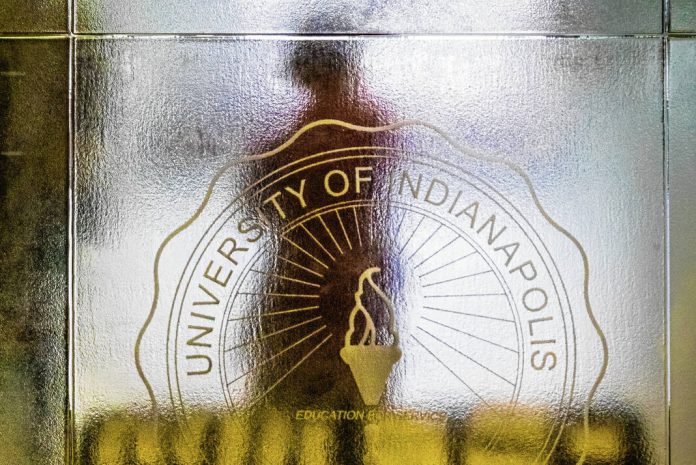The University of Indianapolis is offering a chance for the young and old alike to prepare for the historic total solar eclipse on April 8.
UIndy is offering a class to the community called “Discover Together: Eclipses” which will explore the science, history, literature and cultural impact of solar eclipses throughout human history. With a structure similar to a book club, each week will feature a curated set of resources and suggested activities for participants to read, watch and react to on the class website.
The total solar eclipse is expected to have a profound impact on Indianapolis and other communities along the path of totality who witness this spectacular natural phenomenon. The class is an ideal educational opportunity for anyone who wants to learn more before the eclipse, university officials said in the announcement on the class.
Some interesting points of the course include discussing major scientific discoveries and advances that have been the result of solar eclipses and how Indiana’s earliest recorded eclipse occurred as George Rogers Clark crossed the Falls of the Ohio — all to help people gain a deeper appreciation of what they will see on April 8. The course will also help participants make a well-informed plan for a safe and enjoyable eclipse experience and provide opportunities to share observations and experiences after the event, university officials said.
The course is a virtual, asynchronous class that begins the week of Jan. 16 and continues through April 29. This class welcomes lifelong learners, from high school students, all the way up to senior citizens. It is being overseen by Dr. Sarah Reynolds, an assistant professor of physics and Earth-space science at the University of Indianapolis, who will also do much of the teaching.
The cost is $10, with fee waivers available for high school students or those with financial need. For more information or to sign up for the class, just go to http://tinyurl.com/wbxw689d.
Registration will remain open through Feb. 10 or until the course fills with 400 participants.





